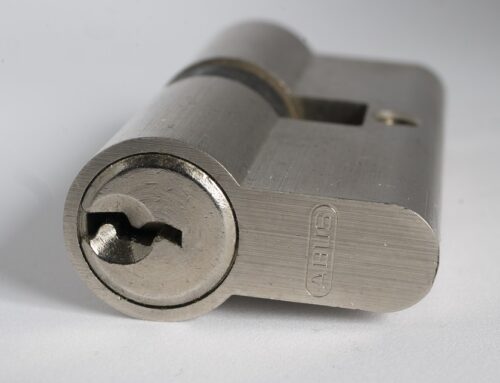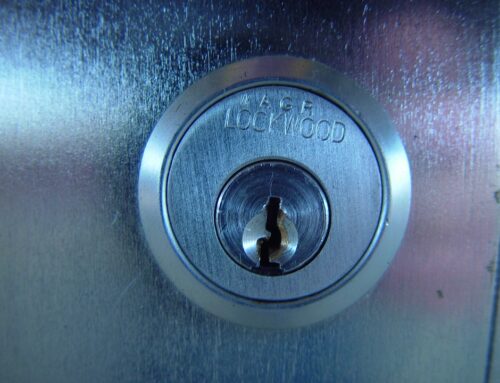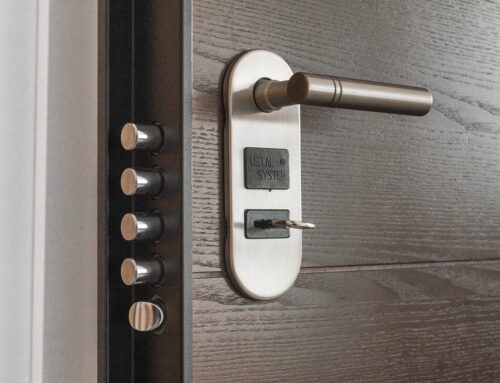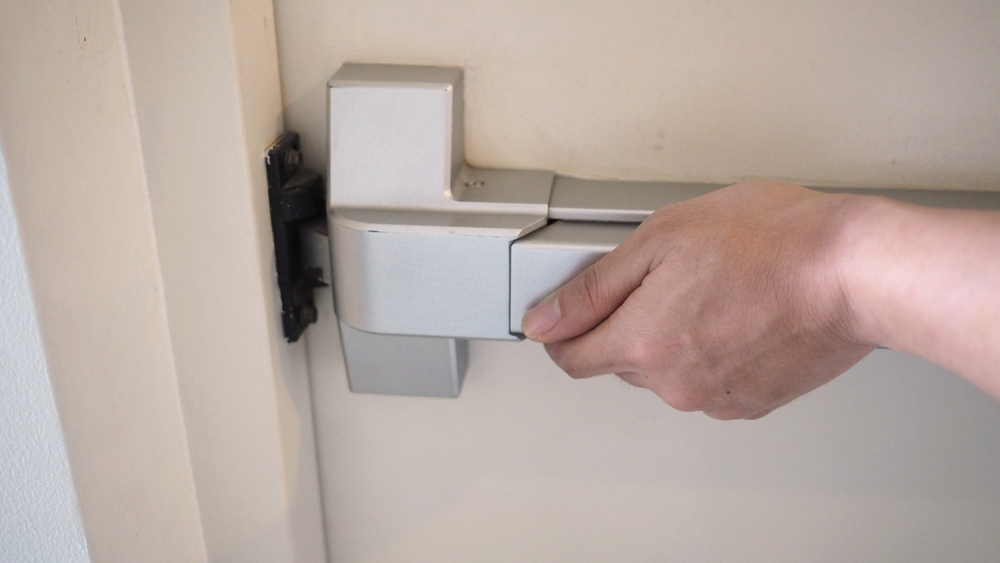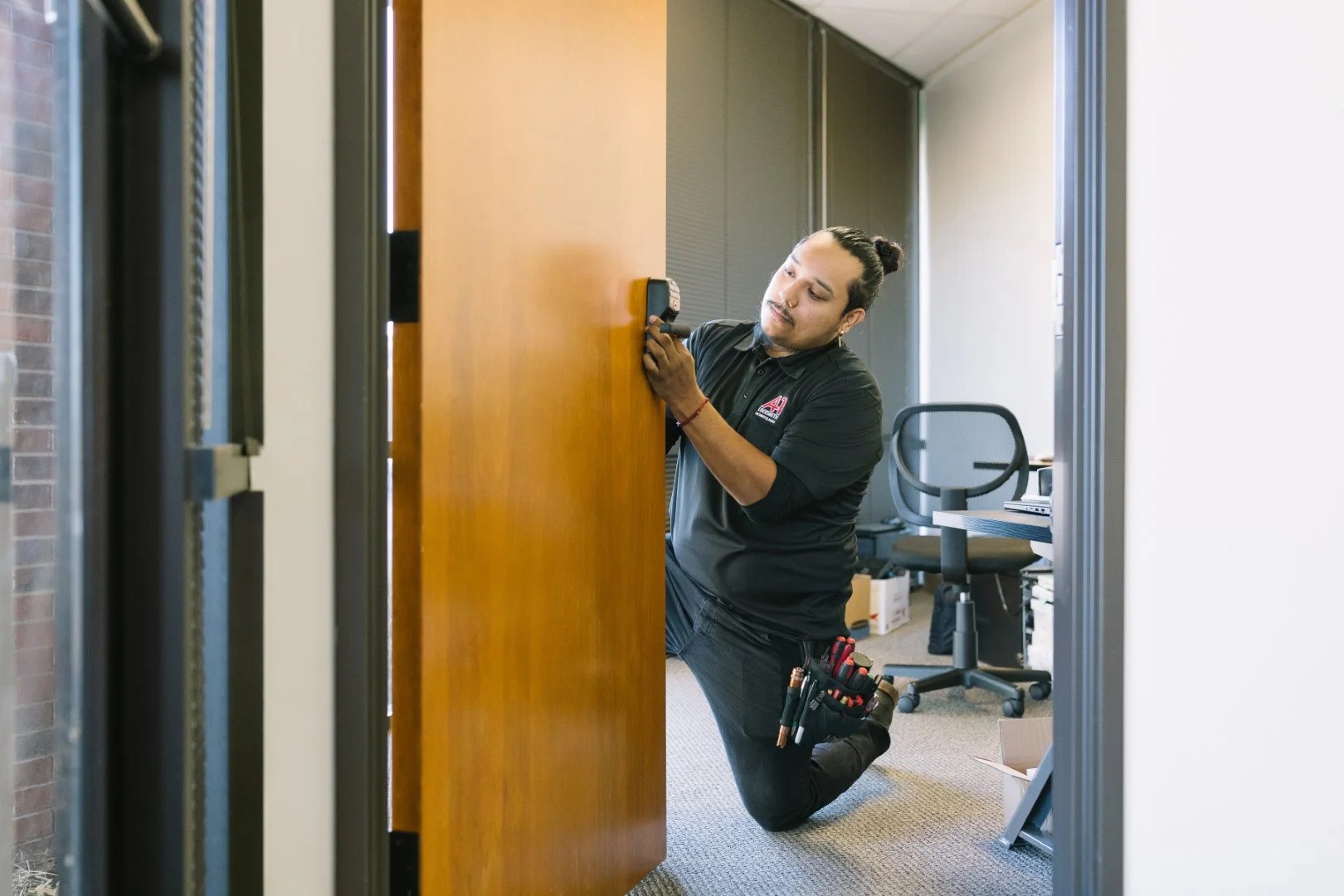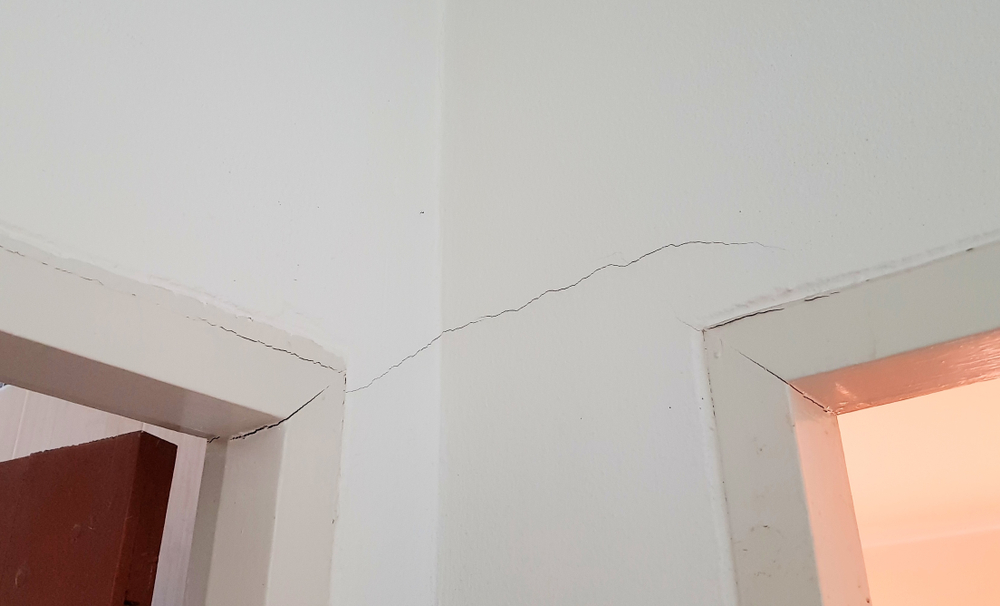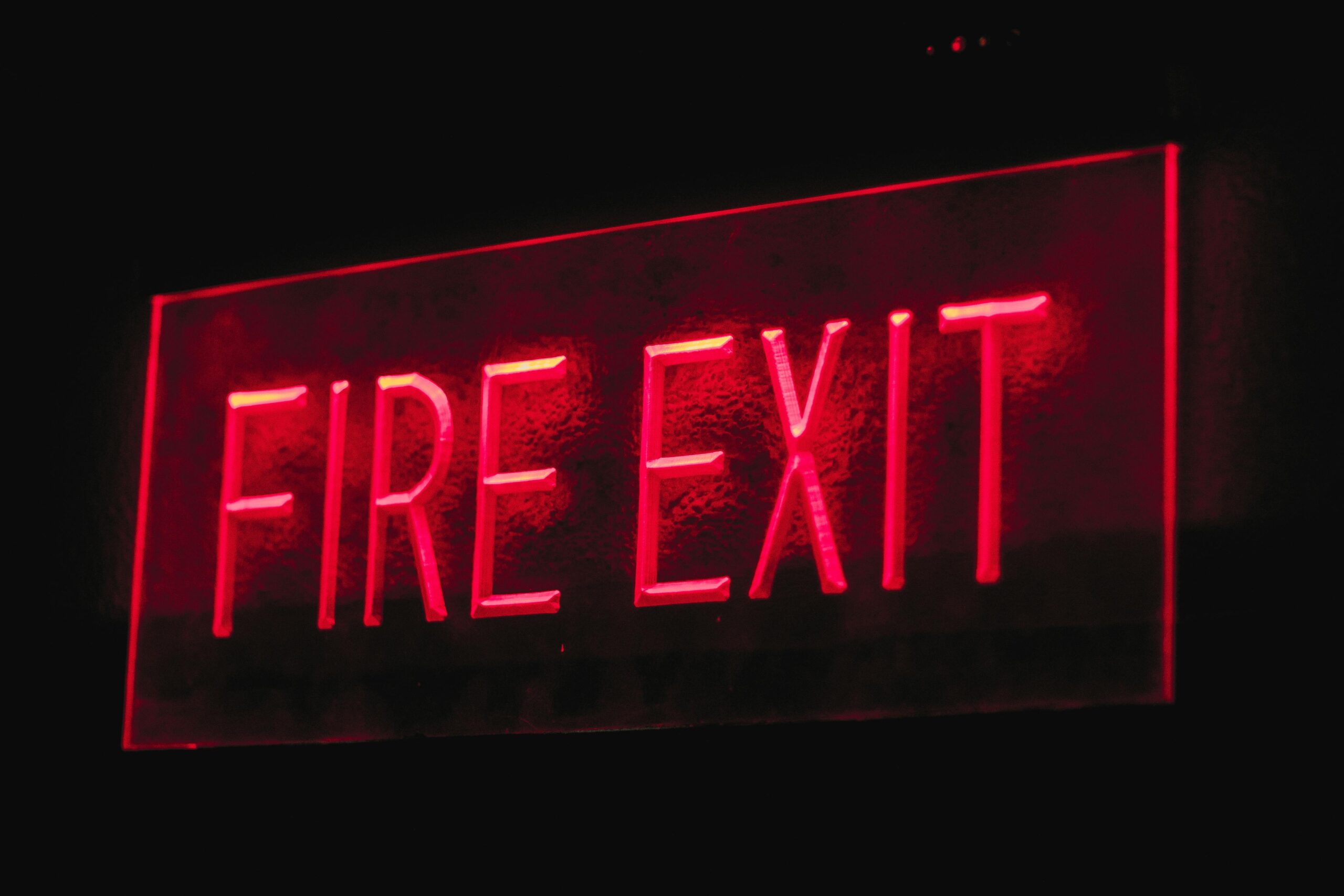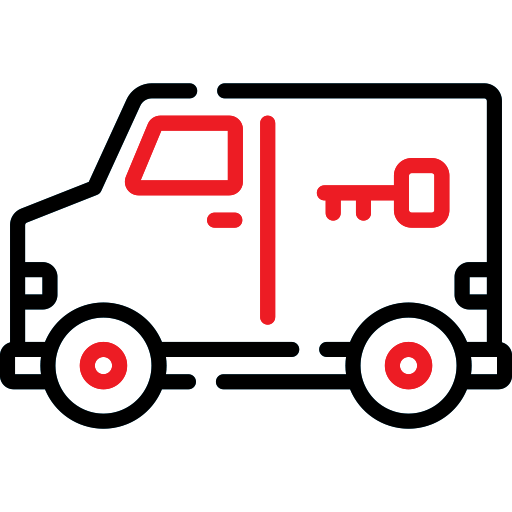There are certain things your employees don’t really need to know. For example, a janitor doesn’t really need to have an understanding of how cash deposits work or how to complete inventory. Nor does a manager need to know your marketing and advertising strategies.
But all employees should know the basics about what to do in an emergency situation, whether it’s a fire, robbery or even something simple like getting locked out of the business.
If your staff members don’t know what to do in the latter situation, it’s probably because you didn’t train them or have a plan in place. Fortunately, we’re here to help. Here’s why your business needs a commercial lockout plan (and how to go about implementing one).
Why Your Business Needs a Commercial Lockout Plan
Running a business comes with its fair share of challenges, but one issue that often gets overlooked is a commercial lockout. Imagine your employees standing outside, unable to access the building and missing valuable work hours, disrupting your operations in the process. It’s a scenario no business owner wants to face, but it’s one that can easily be prevented.
Here are four of the biggest reasons why your business needs a commercial lockout plan:
- Minimize downtime: Time is money. Lockouts lead to significant downtime, which not only affects productivity, but your bottom line as well. Employees need tasks to complete if they are going to be productive, and they can’t do it if they’re just standing around, waiting for help to arrive.
- Maintain security: A commercial lockout is also a potential security hazard. Employees who are locked out may attempt to force entry, leading to damaged locks or doors and increasing the risk of a security breach. Or, any potential criminals who witness the lockout may identify your business as a current or future target.
- Ensure safety: Locked-out employees are compromised employees, especially if the lockout occurs late at night or in an area with high crime rates. At the very least, ensure your staff has a safe place to wait in the event of a lockout.
- Boost employee confidence: Simply knowing there’s a plan in place for an unexpected situation can boost someone’s morale and confidence in the person who designed it. This shows you’re proactive and care about your employees’ wellbeing in addition to the smooth operation of your business.
How to Implement a Commercial Lockout Plan
Now you know why a commercial lockout plan is important. But how do you actually implement one? This is also a step-by-step process, and one that we can help, as Dallas-Fort Worth’s leading locksmithing and security company.
Here are our recommendations for implementing a commercial lockout plan:
- Assess your current security measures: start by identifying potential weak points that could lead to a lockout. Are your locks old or prone to malfunction? Do you have a reliable system for managing keys? When was the last time you conducted a thorough assessment? All of these are needed to understand what changes might be necessary.
- Develop a key management system: business owners need to be organized, especially when it comes to keys. This includes knowing who has what keys, how many copies exist and where they are stored. Consider implementing a sign-in/sign-out procedure for keys and regularly audit the process to ensure compliance.
- Install keyless entry systems: one of the best ways to prevent lockouts is to invest in modern access control systems that feature keyless entry. This can look like key cards, biometric scanners or digital keypads. A commercial locksmith can help you find and install the best one, enhancing your security in the process.
- Create a lockout response plan: develop an outline that you can use to train employees, including emergency contacts, access procedures and safety protocols. Be specific, clear and make sure it’s easily understandable.
- Distribute and train: make sure all employees are trained on how to follow the procedures you develop. This training should be part of the onboarding process for new hires and revisited regularly with current staff. Conducting a drill every now and then wouldn’t hurt to ensure everyone is familiar with the steps they need to take.
Other Preparations to Consider
There are a few other ways you can better protect yourself from a commercial lockout beyond having a plan. For starters, parting with a reliable locksmith is crucial. A-1 Locksmith, for example, offers emergency services to ensure you’re never left in a bind. We can also help replace your locks or upgrade you to a master key system.
Regular maintenance is another key preparation, as locks and security systems must be kept up with and updated regularly. Check them routinely to ensure everything is in working order. Also, have a backup solution in case anything is inoperable, such as a spare key in a secure location, or a lockbox with a code that only a few employees know about. Finally, effective communication is one of the best ways you can prepare your employees.
Don’t get caught off guard by a commercial lockout. With proper preparation like the tips outlined in this guide, you can prevent one from happening in the first place. To schedule a consultation with A-1 Locksmith so we can assess your current risk and recommend upgrades, stop by any of our Dallas-Fort Worth locations today or give us a call.

